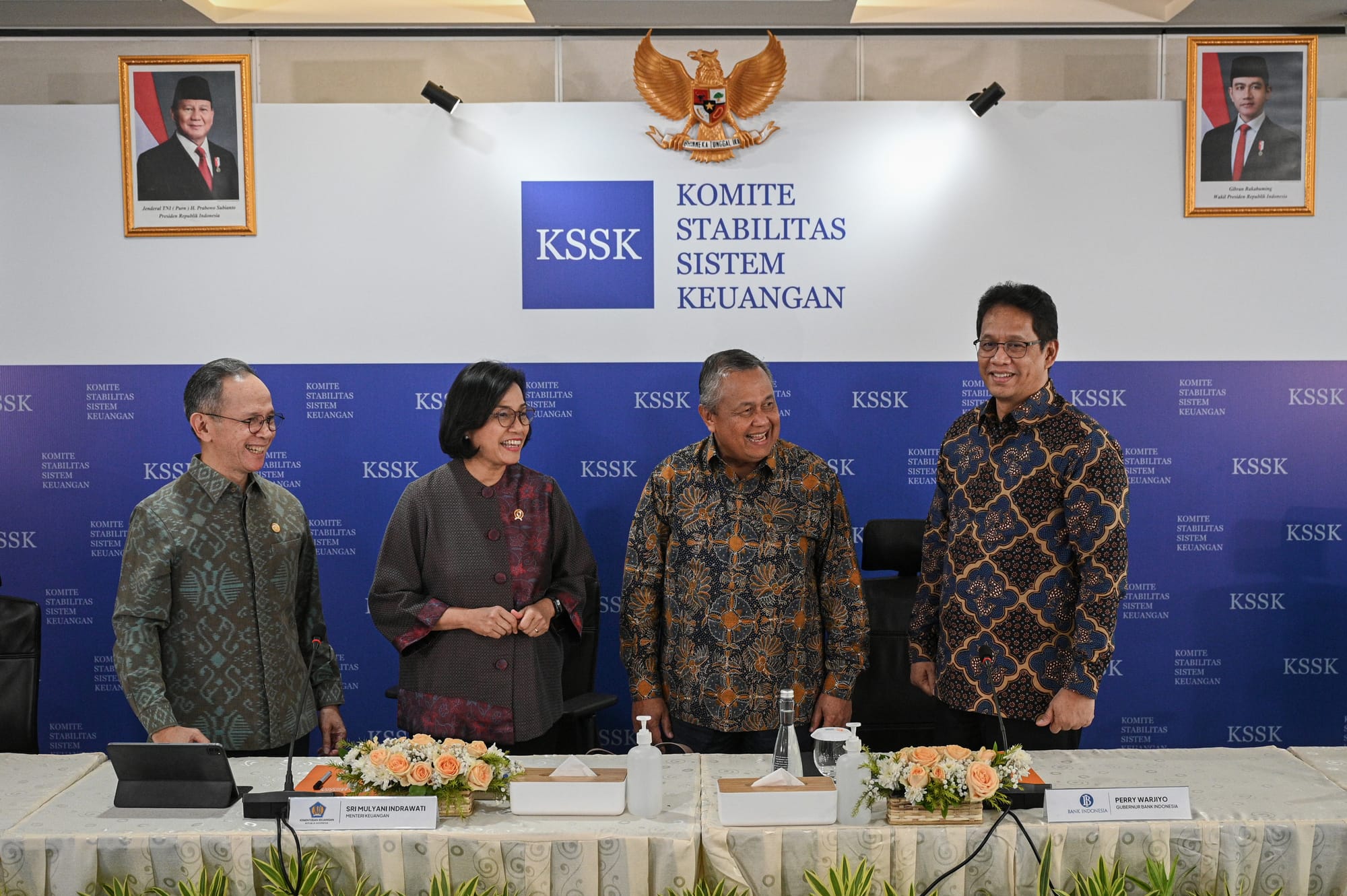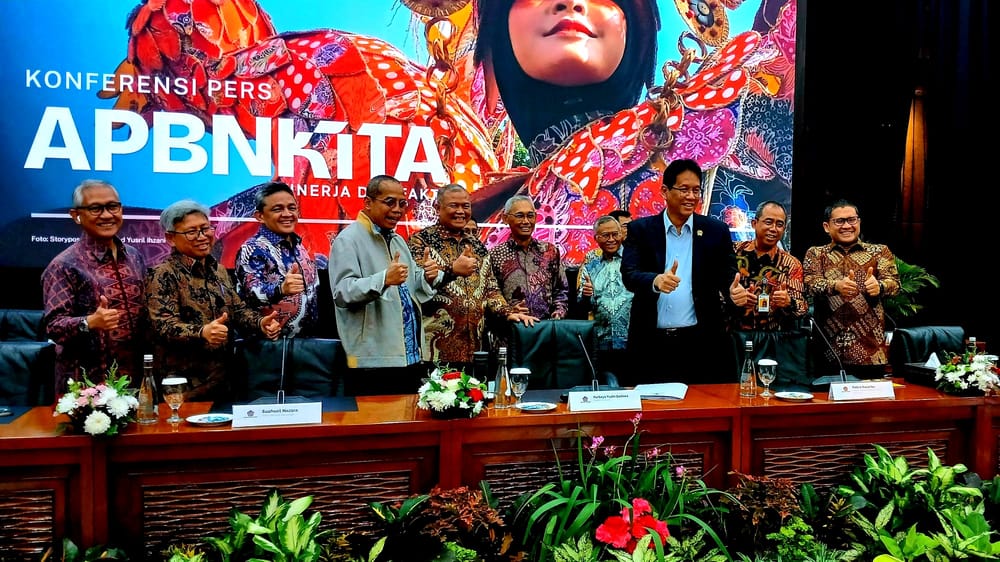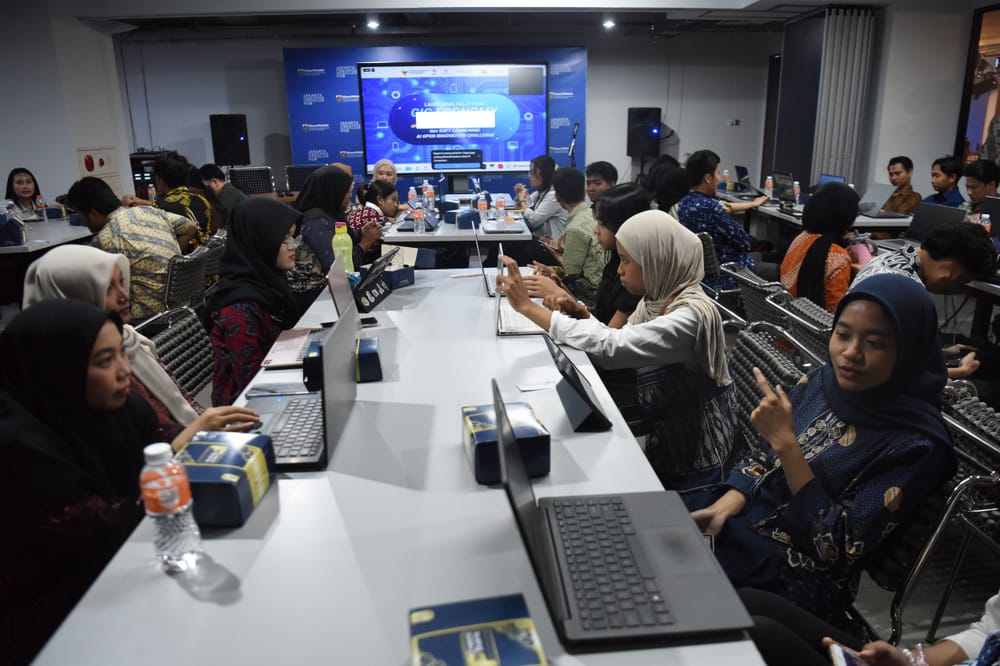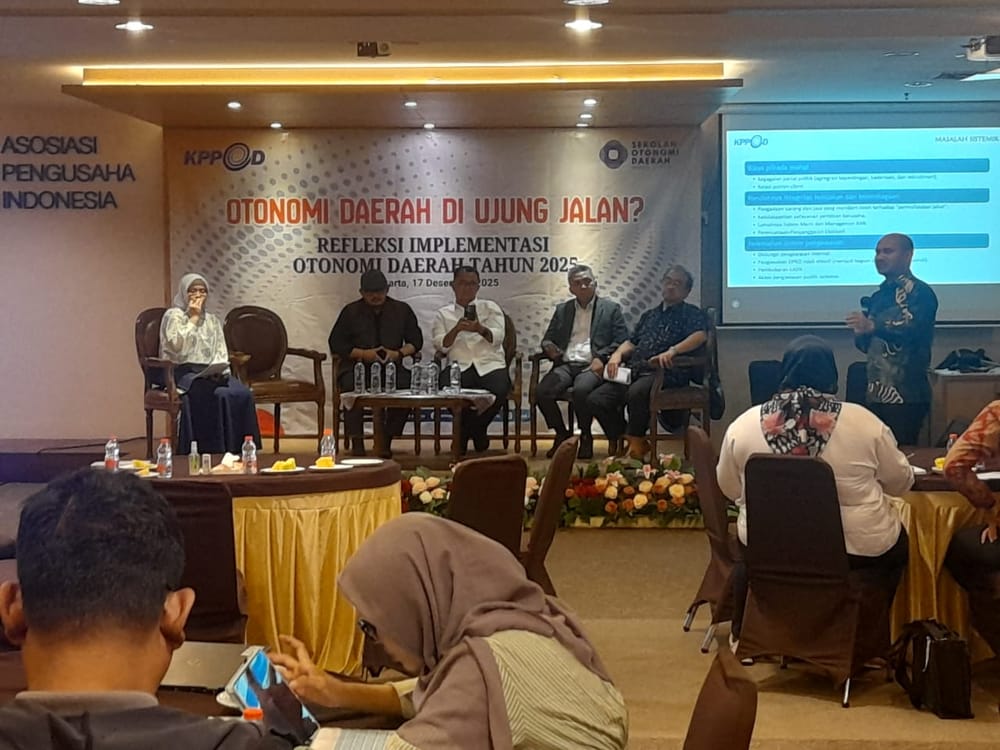Today, Tuesday (5/8/2025), the Central Statistics Agency (BPS) plans to release the second quarter 2025 economic growth achievement. Apart from the BPS release, a number of international institutions have issued reports on economic forecasts for 2025 and 2026.
The reports from the International Monetary Fund (IMF), the World Bank, the Asian Development Bank (ADB), and the Organisation for Economic Co-operation and Development (OECD) have a common thread: Indonesia's economy is expected to slow down in 2025 and 2026.
In the Global Economic Prospects report released by the World Bank in June 2025, Indonesia's economic growth in 2025 is projected at 4.7%. This figure is lower than the 2024 achievement of 5.0%.
This estimate is also 0.4% lower than the World Bank's estimate last January, when Indonesia's growth in 2025 was projected at 5.1%.
Likewise, the OECD Economic Outlook report released in June 2025, which estimates Indonesia's economic growth this year at 4.7%. Similarly, the World Economic Outlook Update, released by the IMF last July, also stated that Indonesia's economic growth in 2025 is projected at 4.8% – lower than the 2024 figure of 5.0%.
A different forecast was conveyed by the ADB. In the Asian Development Outlook: July 2025 report, it is estimated that Indonesia's economic growth in 2025 will reach 5.0%.
In a press conference of the Financial System Stability Committee (KSSK), Monday (28/7/2025), Minister of Finance Sri Mulyani said that the government is listening to various forecasts of Indonesia's and global economic growth as conveyed by various international institutions.
Various recent developments, such as international trade affected by tariff wars and geopolitical tensions in a number of countries, have caused global economic growth forecasts to be revised downwards.
The World Bank in its June 2025 report forecasts global economic growth of 2.9% (PPP weights) in 2025, down from the previous projection of 3.2%. Meanwhile, the OECD in its June 2025 report also revised down the global economic growth forecast for 2025; from 3.1% to 2.9%.
Second Quarter Growth 2025
Nevertheless, Mulyani said that KSSK is optimistic that Indonesia's economic growth in the second quarter of 2025 will remain maintained to be the foundation for the economy in 2025 to grow at around 5.0%.
Consumption and purchasing power that are still positive, as well as resilient business activities, are also supported by the role of the state budget in carrying out allocation, distribution, and stabilization functions.

Economic stimulus, encouragement for the implementation of strategic programs, support for priority sectors, and buffers for vulnerable sectors continue to be provided by the government.
Governor of Bank Indonesia (BI) Perry Warjiyo said that from the monetary side, BI is lowering interest rates, easing liquidity, and increasing macroprudential liquidity incentives to encourage credit/financing to priority sectors.
“Going forward, the national economic policy mix response will continue to be improved to encourage economic growth,” said Perry.
Executive Director of the Center of Reform on Economics (CORE), Mohammad Faisal, said that his party projects Indonesia's economic growth in the second quarter of 2025 to slow to the 4.7%–4.8% range, down from 4.87% in the first quarter. Throughout 2025, growth is expected to be at the 4.6%–4.8% level.
The implementation of a 19% reciprocal tariff will cut Indonesia's export volume to the world market by approximately 2.65%, while Indonesia's competitiveness lags behind competing countries such as Vietnam.
With less than six months left to pursue the minimum growth target of 5%, the government cannot simply work as usual (business as usual).
“The government still needs to effectively encourage the recovery of household consumption, investment, and government consumption in the third and fourth quarters,” said Faisal.
Researcher at the Institute for Economic and Social Research (LPEM) Faculty of Economics and Business, University of Indonesia (FEB UI), Teuku Riefky, said that his party estimates economic growth in the second quarter to be in the range of 4.78%-4.82%, or around 4.80%. Meanwhile, it is estimated to grow 4.75% by the end of the year.
The shrinking capacity for economic growth is triggered by several factors. These factors include a decline in public purchasing power, the shifting focus of the government from the previous administration to the current administration, high dependence on natural commodities, low productivity, and an unfavorable business climate.
Furthermore, the continued development of trade war tensions due to tariff threats by President Trump has the potential to worsen the current domestic economic slowdown.
"Considering the current condition of the Indonesian economy and the possibility of worsening economic pressures due to global trade disruption, the Indonesian economy has the potential to grow below 5% in the remainder of this year," said Riefky.
Chairman of the Indonesian Employers' Association (Apindo), Shinta W Kamdani, said that Indonesia's PMI in July 2025 shows that the business world, especially the manufacturing sector, is still under pressure. When manufacturing manager spending decreases, it shows that production is down. This is triggered by a decline in demand.
"To achieve the ideals of a Golden Indonesia 2045 with 8% economic growth, a major leap in structural reform, improved quality of human resources (HR), real deregulation, and a fair business ecosystem are needed," he said.






